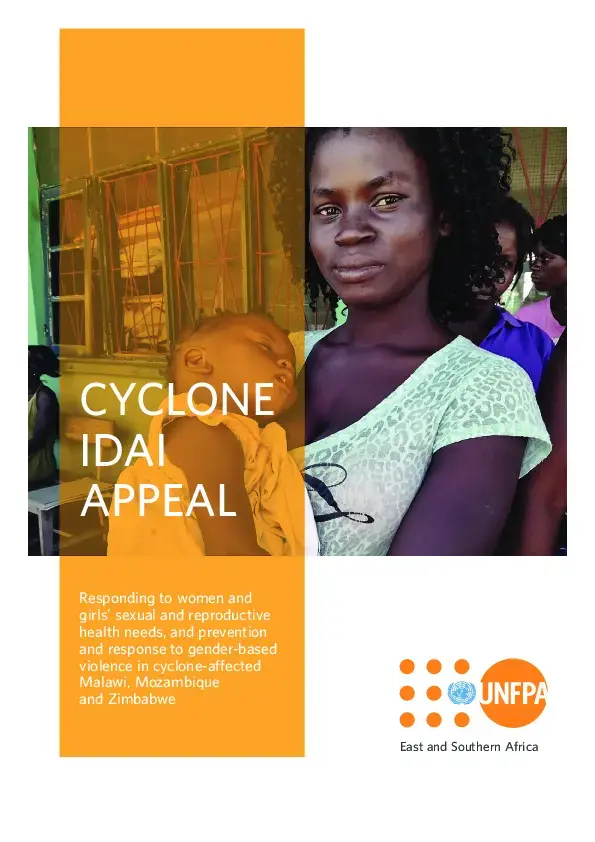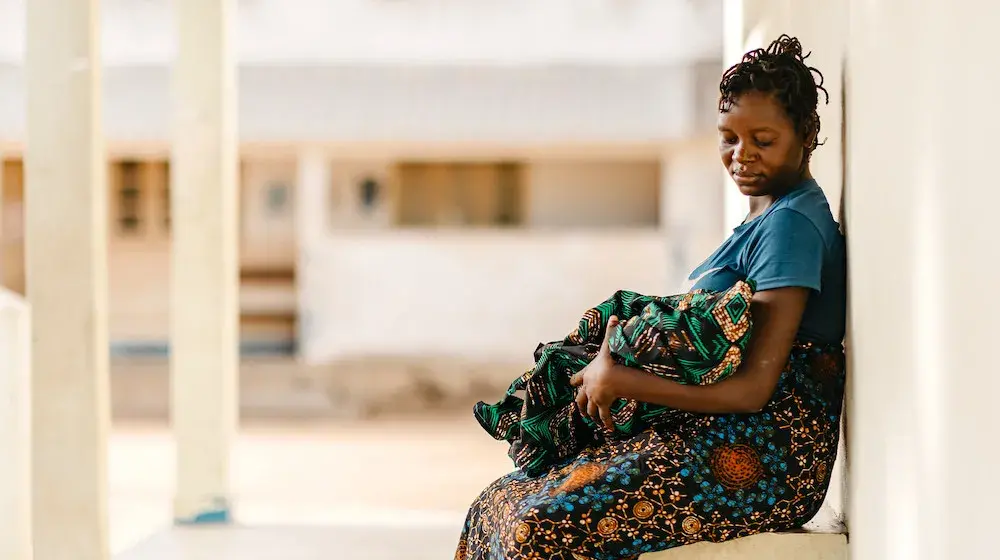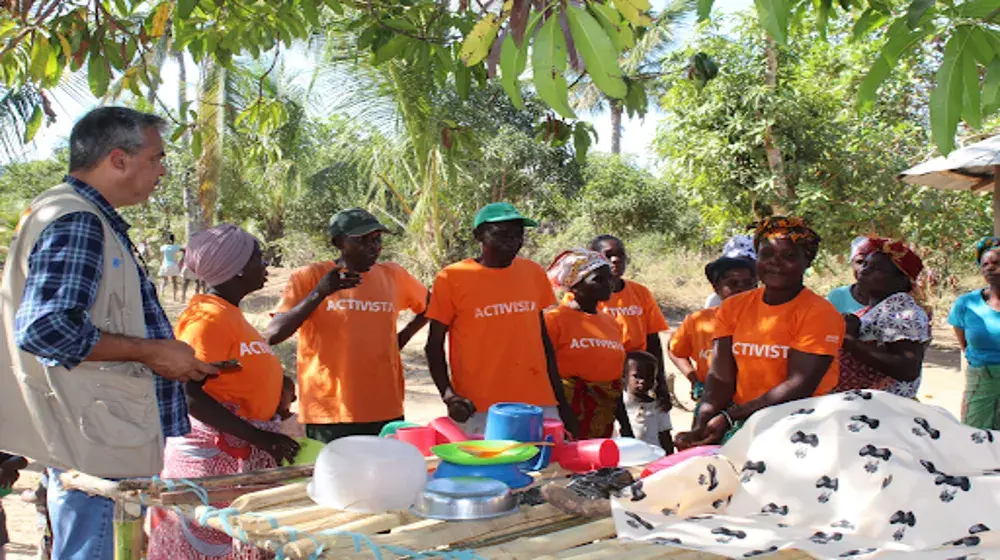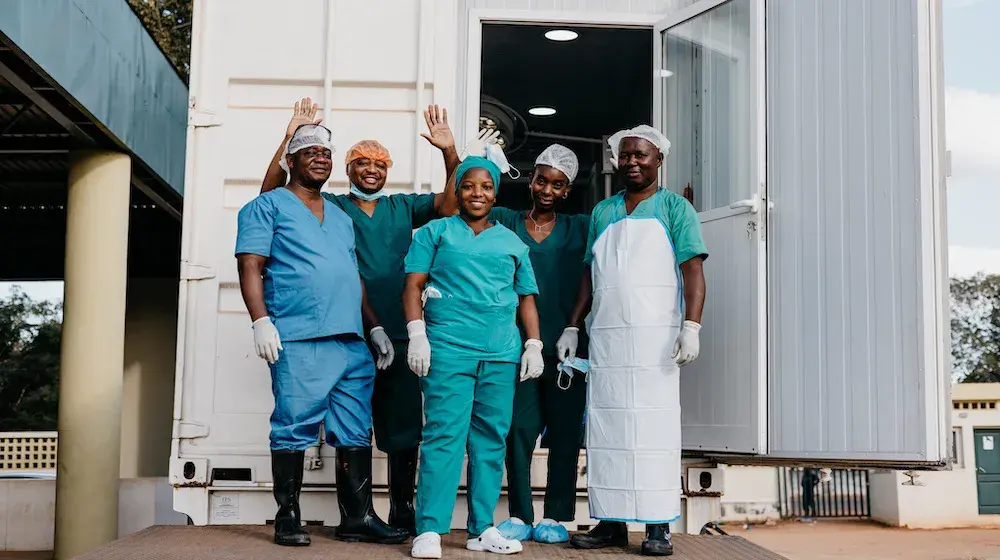On 14 March, Tropical Cyclone Idai made landfall in Mozambique then crossed into Zimbabwe, leaving a wide path of destruction across Eastern Africa. By the time the storm struck, communities throughout Malawi and Mozambique were reeling from days of downpours and flooding.
The damage is massive and horrifying. Hundreds are dead or missing in each of the three affected countries. In total, over three million people have been affected. Humanitarian emergencies are known to increase significantly the vulnerability of women and girls. Displacement and the destruction of social service facilities create barriers to access to sexual and reproductive health (SRH) services, which are already limited in the affected areas. For sexual and reproductive health, people need access to accurate information and the contraception method of their choice; they must be informed and empowered to protect themselves from sexually transmitted infections; and when they decide to have children, women must have access to services that can help them have a fit pregnancy, safe delivery, and healthy baby. The timely provision of SRH services prevents disease, prevents disability and saves lives. Access to SRH care is a human right and its provision in humanitarian response is now a global standard.
With United Nations partners, UNFPA has conducted an assessment mission and is working to rapidly deploy emergency reproductive health services and supplies and prevention and response to gender-based violence. There is a critical need for these services. UNFPA is appealing for $26.309 million for Malawi, Mozambique, and Zimbabwe.
With your help, we can make a difference in the lives of all those who desperately require assistance.





